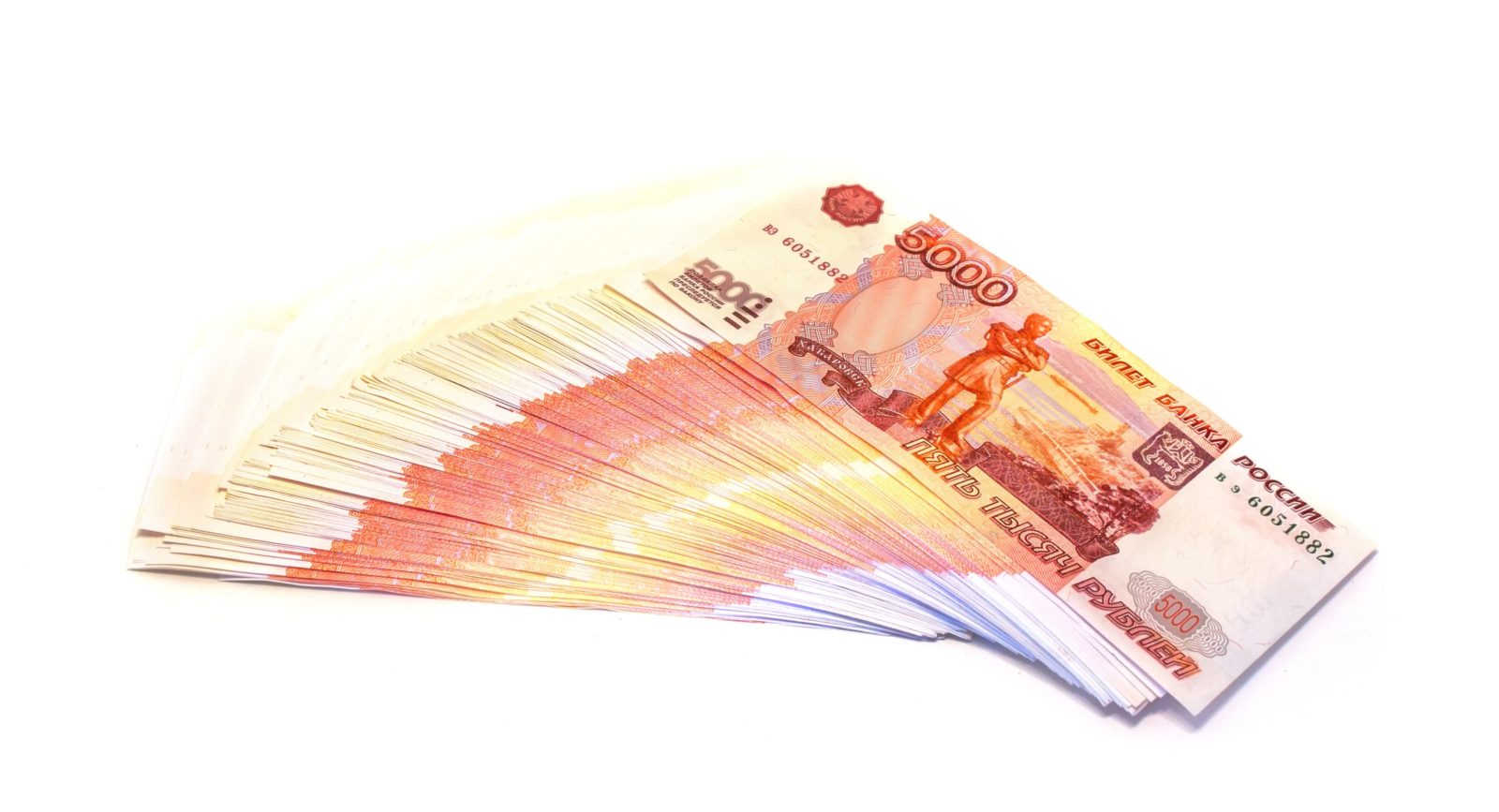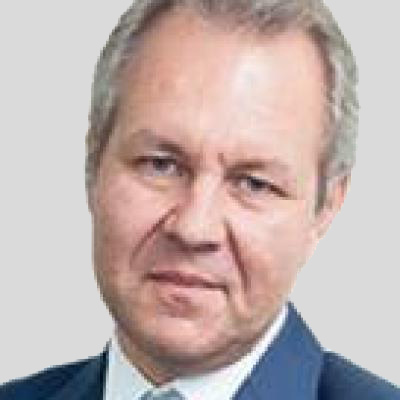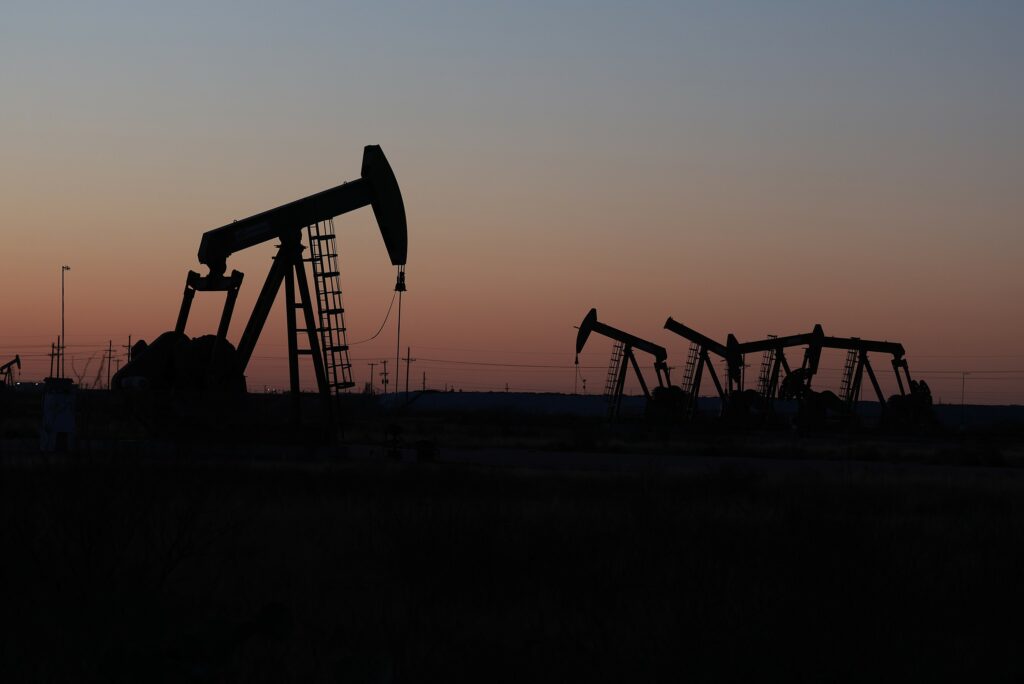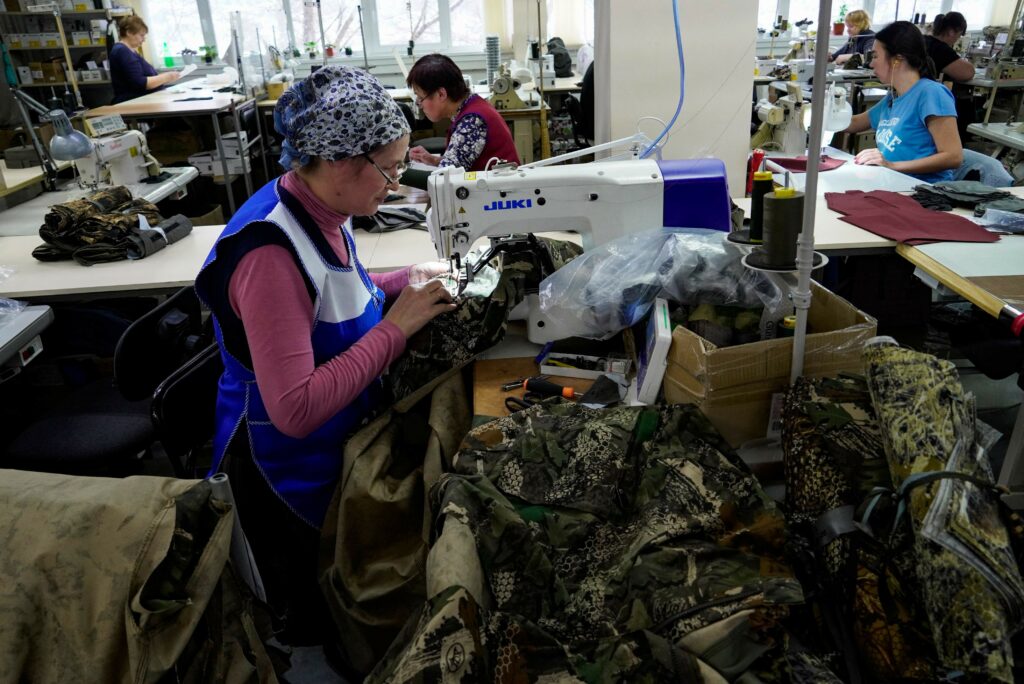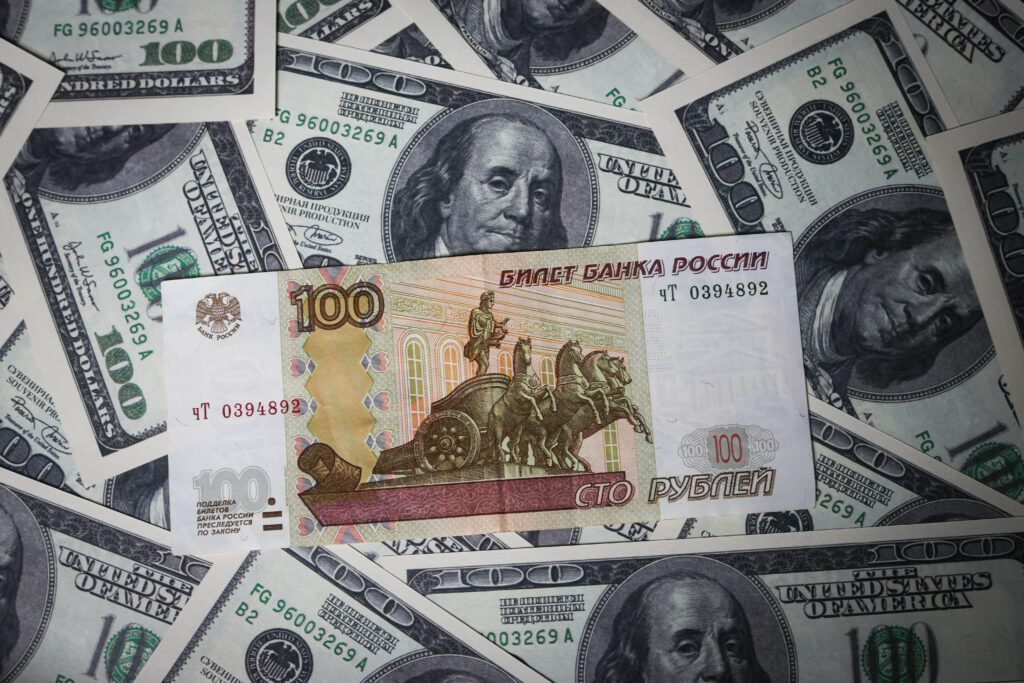Vladimir Putin’s next presidential term starts in less than a month. Like all his previous terms in office, except for his first, the citizens of Russia know nothing about the ‘Putin plan’ that they will be fervently implementing over the next six years. Undoubtedly, a new set of ‘April Theses’ will finally point the way to something. But until they’re made public, we are left with an address that shocked the world on the first of March. The president’s rhetoric that day prompts a basic question: Where does the money come from?
Let’s go back to that March address. On behalf of all Russians, the president concluded that “we are ready for a genuine breakthrough.” He admitted that 20 million Russian citizens live in poverty and promised to “at least halve this figure.” During his next term in office, the country’s demographic challenges will require an additional 1 trillion roubles to support families with children. The task of increasing life expectancy to over 80 years “by the end of the next decade” implies that it will reach at least 76 by 2024, provided that the process is relatively even. It gets even better: the president promised to invest an additional 5 trillion roubles into the modernisation of roads over six years. The capacity of the Trans-Siberian Railway and the Baikal-Amur Mainline will grow by 1.5 times. The capacity of the Northern Sea Route will increase 10-fold. Healthcare spending will double. Finally, investment will reach 25% (or better 27%) of GDP “no matter what” (with interest rates at 7% and low inflation, mind you, which is repeated endlessly, like a mantra). It makes no sense to discuss the military theses of the address, since all of those tasks are achieved by merely pressing a button.
But let’s put emotions aside and assess the situation taking into account the experience of the last couple of years. We can start with investment, which reached 21.7% of GDP last year. Gross domestic product amounted to 87.25 trillion roubles at 2016 prices. Growth of investment to 25% translates into an increase of 2.9 trillion roubles by the end of the next presidential term (let me emphasise: by the end of the term, not for the duration of it). Let me draw your attention to one peculiar thing: Russia’s GDP grew by 1.33 trillion roubles at 2017 prices, while gross savings increased by 1.47 trillion roubles. If we translate this into simple language, the growth in savings is not generating an economic effect. In other words, the lion’s share of the growing investment (provided it grows, of course) will have to be stimulated by the budget. Even half of the announced growth makes 1.5 trillion roubles (at today’s prices). Currently, 3.3 trillion roubles are spent on healthcare in absolute terms, while a little over 18% is paid by citizens themselves. Consequently, if public spending increases by at least 1.5 times, we get an additional 1.6 trillion roubles. This money will be spent to increase Russians’ life expectancy. Hence, attention should be paid to the Pension Fund, with its expenditure at the level of 8.58 trillion roubles in 2017. The average life expectancy of female and male pensioners is 14.4 years. If we add another three years to the lifespan of Russian senior citizens (with no hope for an increase in the workforce, as mentioned in the address), we end up with an increased budget transfer to the Russian Pension Fund at the level of 1.8 trillion roubles per annum. And the rest is easy: Mothers and children get 200 billion roubles a year, 800 billion roubles is invested in roads, 100 billion-150 billion roubles goes to transit routes and 300 billion roubles is spent on fighting poverty. In sum, it adds up to no more than 1.5 trillion roubles a year.
If we calculate all the initiatives proposed by the president, it turns out that budgetary spending in Russia will have to increase by 6 trillion-6.5 trillion roubles a year at current prices, not to mention spending on nuclear-powered cruise missiles and other means of “guaranteeing global peace.” In 2016 (there are still no estimates for 2017 – there won’t be significant differences, though, given that statistical office Rosstat estimates the majority of indicators using 2016 prices), spending from Russia’s consolidated budget amounted to 30.9 trillion roubles, while the deficit reached 22.9 trillion roubles. The deficit shrank last year, and it might disappear this year if oil prices are above $60 per barrel. However, even given this rather favourable scenario, spending from the consolidated budget will have to grow by 22-26%. At the same time, the Economy Ministry forecasts 1.5-1.8% annual GDP growth for the foreseeable future. Let me add that this forecast is based on the dynamics of last year, triggered by a leap in oil prices by more than one third. The growth in oil prices will be 10% at best, which means an increase in the budgetary burden from the current 31.5% to 36% of GDP, the highest level in Russia so far.
How can Putin secure the missing funds? The only announced (hypothetical) measure is an increase in personal income tax from 13% to 15%, with a flat tax rate. If the tax collection rate remains unchanged, it will generate an additional 460 billion-480 billion roubles. Only excise duties have provided relatively stable inflows in the past two-three years, and they can be further increased, which will generate an additional 200 billion roubles. The oil and gas sector offers some opportunities, too. However, if taxes are raised on this sector, investment programmes will be cut. Subsequently, the state would have to spend more in order to boost investment. If we apply the current oil and gas taxation formula, oil would have to cost $135-140 per barrel by 2024 in order to make the president’s dreams come true. This scenario is highly unlikely (average annual prices were highest in 2011 and 2013, when they reached $111 and $113 per barrel).
In other words, there are no resources to fund the programmes Putin has announced.
Of course, drastic measures can be taken instead. In fact, some analysts suggest that this is what Putin is going to do under his renewed mandate. The problem is that in an economy, all the elements are interrelated, similar to the principle of a chess clock: you press here, and something pops out over there. You can raise the retirement age. But no statistics have registered the simultaneous growth of the retirement age and life expectancy; you have to make a choice. Of course, the rouble can depreciate somewhat, which will replenish the budget when oil and gas revenue is converted from dollars at a different rate. However, this will result in higher prices and inflation. All in all, the benefits may not be impressive, if the minimum subsistence level and state employees’ wages are revised as promised. You can try to raise the personal property tax (which was mentioned in the address in passing) but that won’t make much difference even in Moscow or Saint Petersburg, with their exceptionally high prices of real estate. All other receipts (VAT, CIT, import duties etc.) are directly related to the condition of the economy as a whole, and can’t grow faster than GDP.
There is one more facet. Rosstat reports that household final consumption expenditure amounted to 44.9 trillion roubles in 2016. Some of this may originate from various non-taxable income sources, but I would not overstate their significance. A 13% tax rate should generate 6.7 trillion roubles of personal income tax, while as little as 3.01 trillion roubles, less than half the theoretical amount, was collected in 2016. That means budget revenues can be increased primarily by improving tax collection and curtailing the shadow economy. However, the same chess-clock principle applies here: The greater the pressure on entrepreneurs and other citizens, the greater their resistance. Economic growth accelerates when taxes go down, not when the government is trying to drain citizens dry (as observed in Russia in the early 2000s and in the U.S. today). I do understand that the Putin of the late 2010s and the Putin of the early 2000s are two completely different people. Still, it is impossible to ensure greater welfare of citizens by taking away their money, and the intention “to increase GDP per capita by 1.5 times by the middle of the next decade” is also on the list of the president’s promises.
The bottom line is that Putin’s programme for his next term is based on a pledge to pump at least 30 trillion roubles into the economy. However, the source of this money is not provided (foreign investment or an expanded programme of external borrowing are out of the question). Perhaps such growth can be achieved by significant liberalisation of the economy and unleashing entrepreneurial initiative, but the president’s rhetoric after the announcement of the election results indicates that the Kremlin treats private business almost as the class enemy. No changes of approach can be expected. Therefore, I can only suggest to take a comfortable seat in the stalls and watch the Russian president. These look like current and future promises that shall remain un-kept.
